Before the ‘Age of the Internet,’ Website was a very rarely used term. But today, whatever you do, your identity is gathered through your Website. Whether online or offline, every business, educational institute, government body, bank, gym. All types of businesses have their own website.
The websites on the Internet help entrepreneurs interact with people via their products and services. It is a great way to show the story of your business to the people and help them know you well.
Today, entrepreneurs and many personal brands do their marketing through websites.
It is when websites are speaking about you and your business louder. Websites are the trending future of the internet world.
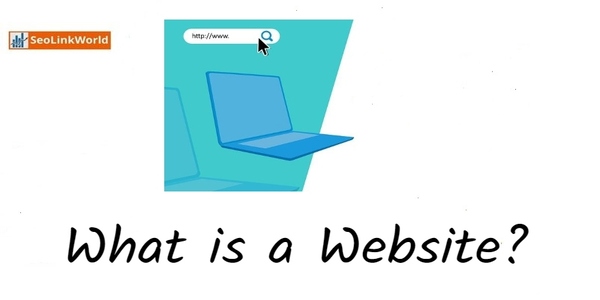
Table of contents
What is a website?
A website is an accumulation of many web pages in very simple words. Webpages are equal to digital files with information in HTML ( HyperText Markup Language).
Websites are hosted on web servers. The web servers need a web browser such as Google Chrome, Microsoft Edge, or Mozilla Firefox. We can access web browsers through a computer.
A website is accessible through a URL when typed on any search engine like Google, Yahoo, or Bing. And get results in search engine results pages.
History says in 1993 British scientist Tim Berners-Lee developed the world’s first website. After three years on April 1993, CERN officially declared World Wide Web (WWW) is free for everyone.
The webpages in a website are linked with hyperlinks and hypertext. All of them share a common design and interface. The Website consists of more files like images, and videos. Or any other form of digital assets.
A website is a medium on the Internet that delivers information and provides solutions. And ignites interaction between places, people, and things. It is also how some organizations can fulfill their global recognition goals.
What are the Components of a Website?
A website has many components which help the Website on the Internet. These components are,
Webhost
- Webhost is the physical location of a specific website. Many web pages form a website when hosted on web servers.
- When a user specifies a web address on the web browser through his computer. And the web server transmits the web pages. It is the process of accessing a specific website.
Web Address
- The URL forms the address of a specific website. It is unique for every Website, and it is customizable in the domain name.
- The URL stands for Uniform Resource Locator. It is the direct pathway to any website that the user wants to access.
Homepage
- The Homepage is the first page of a website. A website consists of many web pages, of which the Homepage is the most important one.
- After a user accesses your Website, the Homepage is the first thing visible to the user.
- The design, pattern, and content on the Homepage are the key to attracting users to your website.
- The Homepage clearly defines “First impression is the last impression.” Every Website should put extra effort into making its Homepage appealing to its users.
- It is a place where you either win or lose a client.
Web Design
- Web design is the overall look of your Website. It gives the aura of your business’s personality.
- It is a component that brings like-minded people together.
- The design of your website speaks a lot more about your business than just your products or services. Any chosen website design should give away positive vibes to the users with supreme elegance.
Web Content
- “Content is the King” is a popular slogan on social media and other online blogging platform.
- Web Content is the information you provide about your business, services, products, and yourself.
- The content writing for the Website must be very informative, and appealing. And attractive to the customers.
- All the web page content should be in good sync. And write SEO-friendly content for your Website for SEO and digital marketing.
Navigation Structure
- The navigation structure of a website denotes the pathway through a website.
- It decides the sequence of web pages and their cross-linking.
- All the web pages in a website must be held together by a navigation menu.
Types of Websites:
Broadly, there are two types of websites, they are:
Static Websites
- In Static Websites, the webserver returns prebuilt source code web pages. And this is made using simple coding languages like HTML, Java, or CSS.
- The web server does not process any content on static websites. Hence, the web pages are returned without any change from the servers. And that makes static websites fast.
- They do not have interactions with the databases. And also, they are the most affordable websites to host.
- Static Websites do not need any server-side processing support from the host.
Dynamic Websites
- In Dynamic Websites, the web pages are returned by the web servers after processing.
- These websites are not prebuilt.
- Dynamic Websites are built during the runtime by the user’s demands. It is done with the help of server-side programming languages. Like PHP, Python, Ruby, C#, and JavaScript (NodeJS).
- They are slower websites but have updates and interactions with the databases.
- Dynamic Websites are the most preferred ones. And that can be updated easily compared to static websites.
- They are on the expensive side when it comes to budget.
Types of Websites according to Use:
With the boom of the Internet, websites have gained a lot of importance and innovations. There are many different types of websites according to their uses; they are:
Blogs
- Blogs are websites that an individual or a small group can manage.
- Blogs are a method of providing information about various topics on the Internet.
- They can be about fashion, health, fitness, personal, finance, tech, news, etc.
- It is the most trending form of content, and it is a great way to get an audience and money online.

Portfolio
- Portfolio websites are a great form of resumes for freelancers.
- It helps an individual secure great work opportunities for them.
- It is a great way to showcase your professional work and attract potential clients to hire you.
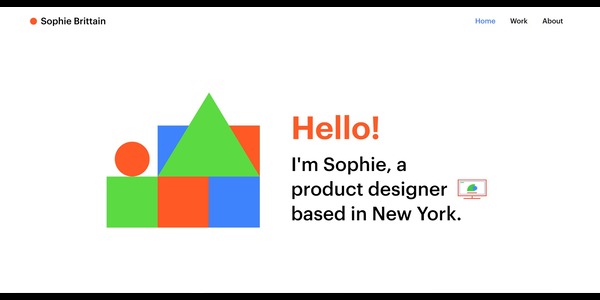
News and Magazines
- News and Magazine websites provide their users with updated information about worldly affairs.
- News websites do not need too many details as they must give their audience the facts.
- Magazine websites bring in all the updates from the entertainment industry, the business world, and many other genres.

Brochure
- Brochure websites are mostly used by small businesses to market and grow businesses online.
- It is equal to their business card, which they proudly call a Digital Business Card.
- It is a type of Website that displays the contact details of the business. Along with their service and products with limited web pages.
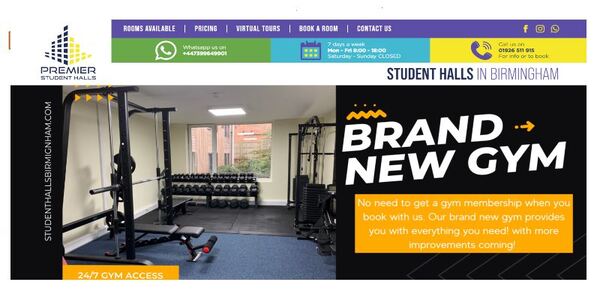
Social Media
- Social Media Websites are simple techniques to connect people across the world.
- These websites help people share their personal and professional space with their followers.
- Some of the popular social media websites are Facebook, Instagram, Twitter, and Pinterest. And other alternative social media platforms.

Portal
- Portals are a type of website used internally by a school, institute, or company.
- These websites contain a login process where students and employees can access their credentials, emails, or alerts.
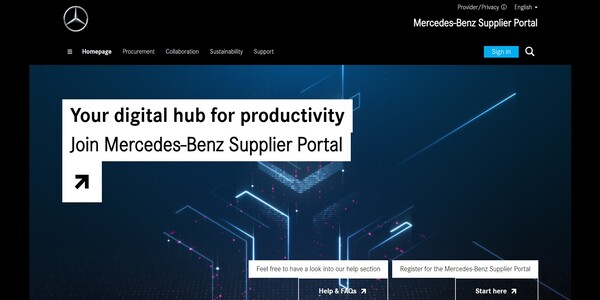
Educational
- Educational Websites have educational information in the form of images, videos, and audio.
- These are designed in the simplest way for easy understanding.
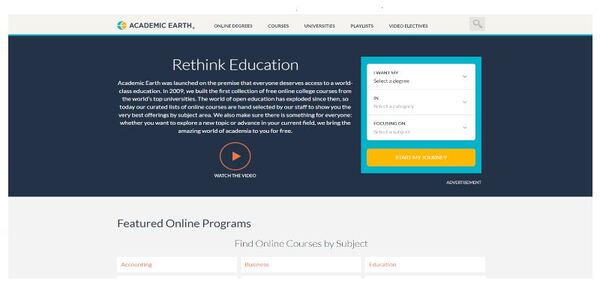
Advantages of having a website.
This has many advantages for your business; some of them are:
It helps increase your visibility.
- It is a great medium to advertise business online for free to the larger masses.
- It is the best way to show products and services credibility.
- It helps increase your reachability.
- It helps you connect and interact with millions of people worldwide.
- It enhances the customer base of your business.
- Websites with huge traffic can help you earn good money online.
Conclusion
Websites are a great way to connect to your audience. Every entrepreneur can create a good website to market his or her products and services.
Websites speak a lot about your personality and are a great way to find an audience globally. Distance is not a concern today as your website can reach every corner of the world. And market your services and products.
Every small or big business should have its own website. Which will form the face of its business on the Internet. It is equal to a digital card for your business. It eventually helps you grow bigger and faster.
Hello! I simply wish to give you a big thumbs up for your excellent information you have right here on this post. I will be returning to your web site for more soon.
your content is explained very well. thanks for this
This Website is loaded with quality content.
Thank you for letting about ,what the website and its importance